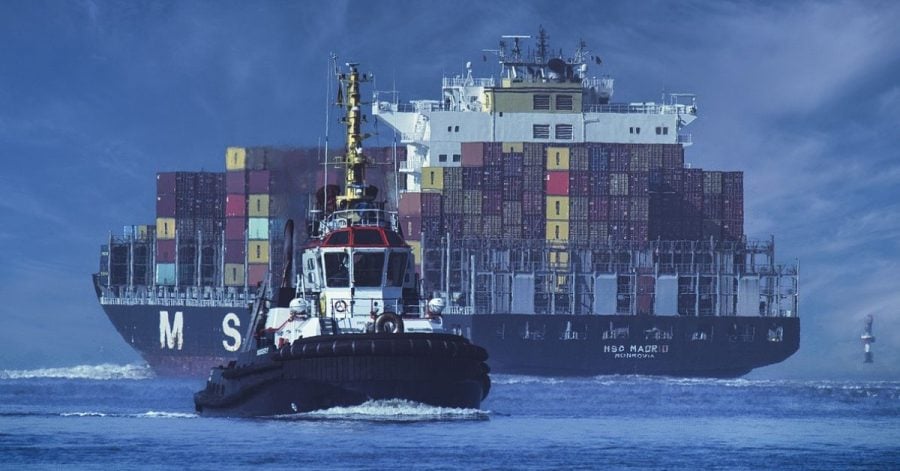• After securing a latest €2.5 million funding round, Bulgaria-based logistics platform Transmetrics is on a mission to strengthen and further develop its AI-powered solutions, while also expanding to new markets.
• The convertible funding round was led by the European Innovation Council Fund, together with Impetus Capital.
• The closing of the funding follows Transmetrics’ selection for investment by European Innovation Council in the Accelerator program in 2022, while the round is also joined by existing shareholders and angel investors.
The company’s solution combines the strengths of humans with those of AI, ensuring the highest operational benefits, and reducing the environmental impact of logistics – while analyzing, modeling, and predicting transport flows with very high accuracy.
Transmetrics will use the funds to continue to invest in its AI-powered analytics, forecasting, and optimization for logistics through strategic collaborations, commercial growth, and expansion into new markets.
“We already have customers across Europe, US and the Middle East, but with this funding, we want to strengthen our position. Then, strengthening our existing products (linehaul planning, empty container positioning, predictive maintenance with IoT). We aim to increase business benefits, reduce implementation times and continue to integrate emerging AI technologies into our platform. Also, hiring top talent, both in terms of data scientists and software developers, as well as in leading sales and customer success roles,” Transmetrics’ CEO Asparuh Koev tells The Recursive.
Since the company launched in 2013, Transmetrics has raised a total of nearly €7.5 million in equity and grants, and has worked with some of the leading logistics companies in the world, such as Kuehne+Nagel, Matson, DPDgroup, Gebrüder Weiss, and so on.
AI-powered solutions moving the industry forward
According to Koev, the latest round comes at a crucial moment for the industry and the company, since the technological impact on logistics is something that moves the whole sector forward.
“We see a lot of logistics companies investing in AI and other technologies to make their business more efficient and future-proof. By closing this round, Transmetrics will be at the forefront of this movement, offering solutions that empower logistics planning and provide tangible value for our clients and the sector as a whole,” Koev adds.
As the Bulgarian entrepreneur further explains, one of the foundations of any AI implementation is the data that goes into that implementation – it has to be clean, accurate, and reliable. Therefore, logistics companies should pay a lot of attention to their data management, centralize it and make sure that it presents a “single version of the truth”.
“On top of that, since many data inputs are still manual, there has to be a system in place to validate it, or in case of missing data – to fill in the gaps. And last but not least is to have the team on board. AI provides a great toolset to solve even the most complex challenges that require accounting for multiple variables and analyzing data sets that are truly big. If logistics accept AI not as a competition but as a helpful assistant, they can focus on delivering excellent customer experiences, while having their costs efficiently managed,” Koev explains.
As Transmetrics’ own example shows, there is a huge potential for implementing AI and Big Data throughout the logistics industry – and companies across the full supply chain can benefit from new trends that are being developed.
“Currently, most of the implementations are within the shippers, since they have better data and are more agile in the digital transformation than the Logistics Service Providers (LSPs). However, the upcoming trend is actually LSPs leveraging all these new technologies, and accepting that beyond the fleets of trucks, trailers, and containers there is one asset that is most important for their business – their data. And from there, there are just too many use cases that the companies can explore through AI – from more efficient linehaul planning to fleet maintenance and predictive empty container management, and so on,” Koev concludes.








